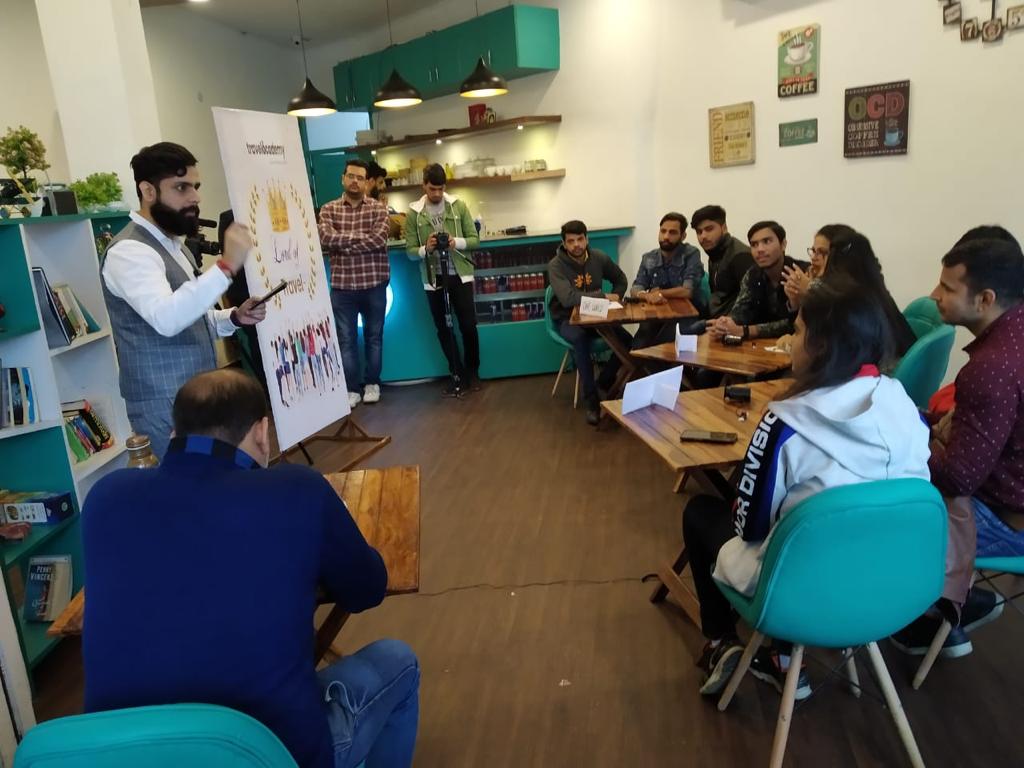Are you considering embarking on a journey into the dynamic world of travel and tourism? Delving into a Travel and Tourism Course in Delhi can be an exciting step towards a fulfilling career in an industry that thrives on exploration, cultural exchange, and unforgettable experiences. But what exactly can you expect to learn in such a course? Let's unpack the curriculum and explore the subjects typically covered in a travel and tourism program in Delhi.
Travel Geography: Understanding the geographical
aspects of destinations is fundamental in the travel and tourism industry.
Students delve into the geography of various regions, learning about climates,
landscapes, natural attractions, and cultural significance. This knowledge
forms the foundation for crafting engaging and insightful travel experiences.
Tour Operations: Tour operations encompass the
planning, organization, and execution of tours and travel itineraries. Students
learn about itinerary development, transportation logistics, accommodation
arrangements, and coordination of activities. Practical skills in tour
management and operations are honed to ensure seamless travel experiences for
clients.
Hospitality Management: Hospitality is at the heart
of the tourism experience. Courses often cover the principles of hospitality
management, including customer service, hotel operations, food and beverage
management, and housekeeping. Students gain insights into providing exceptional
guest experiences and managing hospitality establishments effectively.
Tourism Marketing: Marketing plays a crucial role in
promoting destinations, attractions, and travel services. Students explore
marketing strategies specific to the tourism industry, including digital
marketing, branding, advertising, and market research. Understanding consumer
behavior and trends equips students to develop impactful marketing campaigns to
attract travelers.
Tourism Laws and Regulations: Navigating the legal
landscape of the tourism industry is vital for professionals. Courses may cover
regulations related to travel agencies, tour operators, hospitality
establishments, and tourist attractions. Students learn about licensing
requirements, safety standards, environmental regulations, and ethical
considerations in tourism operations.
Cultural Heritage Tourism: Cultural heritage tourism
focuses on promoting and preserving the cultural assets of destinations.
Students delve into the significance of cultural heritage, heritage
conservation practices, interpretation techniques, and the role of tourism in
cultural sustainability. This subject emphasizes responsible tourism practices
that respect local communities and their heritage.
Sustainable Tourism Practices: With growing concerns
about environmental and social impacts, sustainable tourism is gaining
prominence. Courses address sustainability challenges facing the tourism
industry and explore strategies for mitigating negative impacts while
maximizing positive contributions to local economies and ecosystems. Topics may
include ecotourism, community-based tourism, and sustainable destination
management.
Customer Relationship Management: Building and
maintaining strong relationships with clients is essential for success in the
tourism sector. Students learn about customer service best practices,
communication skills, complaint handling, and client engagement strategies.
Emphasis is placed on delivering personalized experiences and fostering
customer loyalty.
By encompassing these diverse subjects, a Travel and Tourism Course in Delhi equips students with a comprehensive skill set to thrive in
the dynamic and ever-evolving industry. Whether you aspire to become a travel
agent, tour operator, destination manager, or pursue another exciting career
path, the knowledge and expertise gained from such a course will undoubtedly
set you on the right course for success in the world of travel and tourism.



